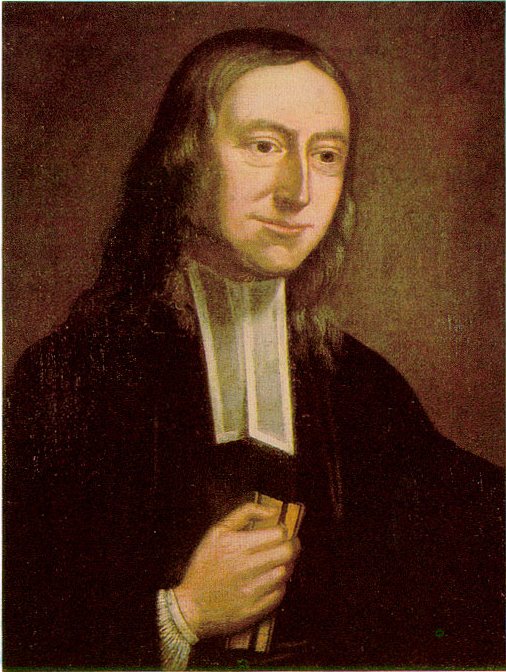A Pentecostal Season: The Methodists in England and America, Part 1
Within particular seasons throughout John Wesley’s entire life, he saw people weeping, violently shaking, crying out, losing consciousness, falling down, and occasionally becoming uncontrollably agitated during his meetings. In response to one who was concerned about the “strange work” that occurred in his meetings, Wesley testifies: “I have seen (as far as a thing of this kind can be seen) very many persons changed in a moment from the spirit of fear, horror, despair, to the spirit of love, joy, and peace; and from sinful desire, till then reigning over them, to a pure desire of doing the will of God. These are matters of fact, whereof I have been, and almost am, an eye or ear witness.”
Wesley continues: “I will show you him that was a lion till then, and is now a lamb; him that was a drunkard, and is now exemplarily sober; the whoremonger that was, who now abhors the very garment spotted by the flesh.” Wesley judged by the “whole tenor” of their lives and called these people his “living arguments.”
He then offers the following remarkable explanation for the outward signs: “Perhaps it might be because of the hardness of our hearts, unready to receive any thing unless we see it with our eyes and hear it with our ears, that God, in tender condescension to our weakness, suffered so many outward signs of the very time when he wrought this inward change to be continually seen and heard among us.”[29]
Wesley was sensitive to the danger of criticizing someone else’s spiritual experience.
Later, Whitfield came to confront Wesley about this in person. The day after Whitefield spoke to Wesley about this, while Whitefield was preaching, here is what Wesley records happening in his Journal for July 7, 1739: “The next day he had an opportunity of informing himself better: For no sooner had he begun (in the application of his sermon) to invite all sinners to believe in Christ, than four persons sunk down close to him, almost in the same moment. One of them lay without either sense or motion. A second trembled exceedingly. The third had strong convulsions all over his body, but made no noise, unless by groans, The fourth, equally convulsed, called upon God, with strong cries and tears. From this time, I trust, we shall all suffer God to carry on His own work in the way that pleaseth him”[31] [That is good advice to all of us!]

John Wesley
Wesley was sensitive to the danger of criticizing someone else’s spiritual experience. We read in 2 Samuel 6 that David danced himself out of his clothes while bringing the Ark of the Covenant from the house of Obed Edom to Jerusalem and that his wife, Michal, criticized his behavior. We read that she became barren because of this criticism. One of the ways that we become spiritually barren is by criticizing the spiritual experience of another person.
John Crowder writes: “John tells us to “prove the spirits whether they be of God” (1 Jn. 4:1). He never tells us to test the outward manifestations, but the spirits themselves. … Discernment is not a paranoid hunt for devils in the middle of every manifestation….Instead, John’s admonition was positive and optimistic; he wanted us to constantly be looking for God in every situation, testing spirits to see if they are bringing something of value from Him. … The problem is that paranoia has long masqueraded as the gift of discernment of spirits. Here is another way of explaining it: Instead of trying the spirits “whether they be of God,” we have tried the spirits whether they be of the devil.”[32]
Category: Church History, Summer 2018


